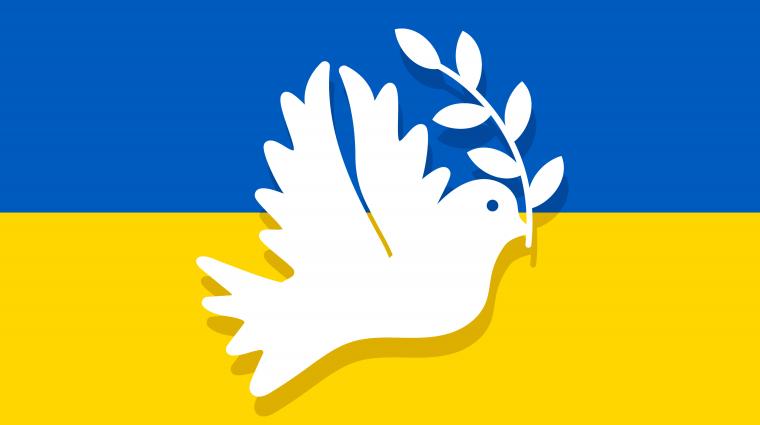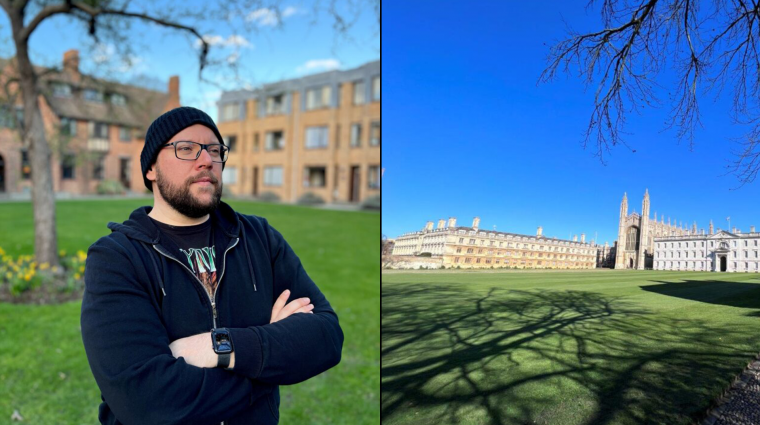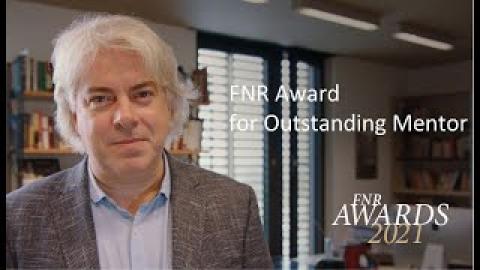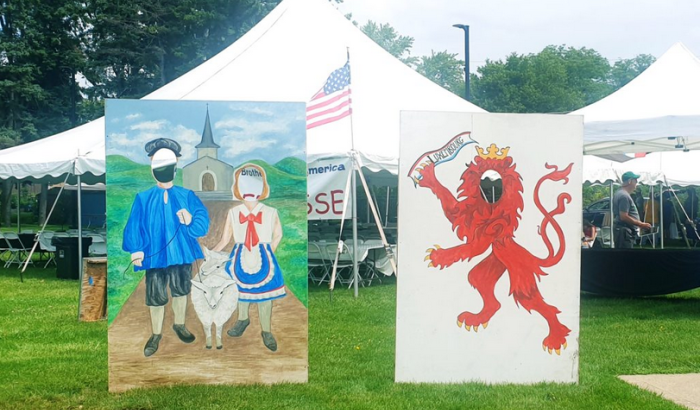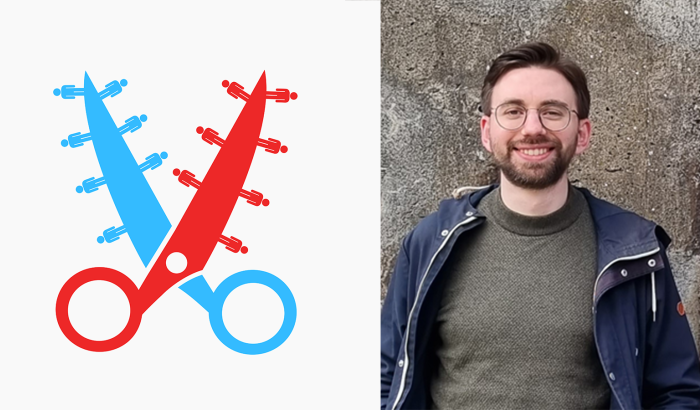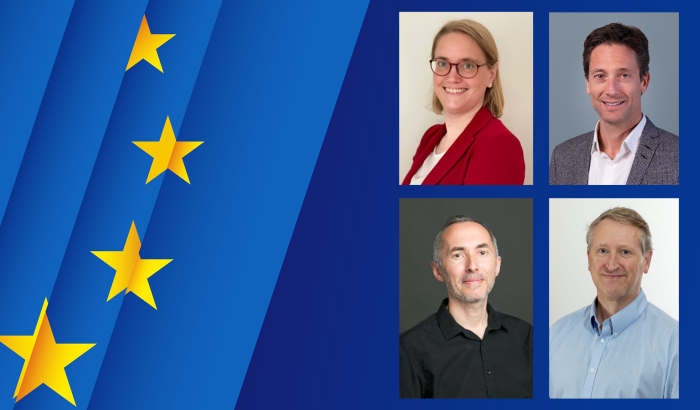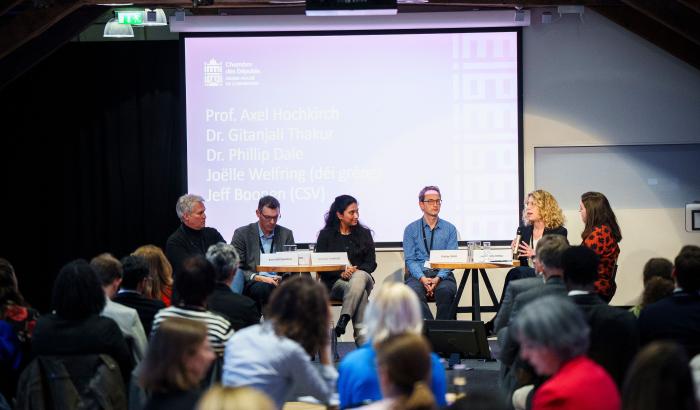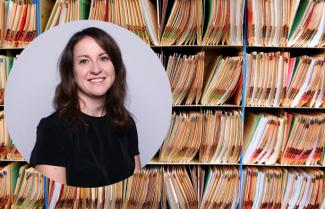
Nina Janz
Nina Janz identifies and hunts for documents, which promise new insights into the history of Luxembourg.
Nina, you are digging through the history of 200 years of legal system, court practice and of the ruling of law and order in Luxembourg. What did you discover?
In my everyday work I research and collect relevant documents at the Archives National, I prepare the findings for the digitalizing and a virtual exhibition. I am identifying and hunting for documents, which promise new insights into the history of Luxembourg. My research quest also brought me into different institutions, to collect relevant material, of which nobody knew they existed. The documents give various insights into legal history from the early 19th century to the 1980s. Between the pages of these records, I came across tragedies and personal stories of ordinary people convicted of theft or unusual cases of murder or abortion. These records demonstrate the development of the legal system in Luxembourg, from the application of the death penalty to a modern and liberal constitutional state.
Discovering these documents, I felt like a detective for history and older secrets.
Are these moments the reason you decided to pursue a career in history research in the first place?
Yes, definitely! Researching and academia give me the possibility to follow my interests in history and to find answers to the many questions I have. I am curious, and I love to discover new ways of thinking. In research, I can explore new pieces of the past and maybe write an entirely new story, like the so far undiscovered files. I find it fascinating to discover and report about the personal stories and the fate of these people to our society today.
What impact do you hope your research work can have?
History is an underestimated field, and many people think it is obsolete, that things are already over, the past is the past etc. However, the streets we walk in, the stones we step on have a story to tell! Luxembourg is a small country, but has a long and diverse history. Our job is it to tell these stories.
At the C²DH, my main goal is it to establish knowledge of the system of justice in humanities. My colleagues and I will show the accomplishments of democracy and an independent and fair court system in Luxembourg and the understanding of the long tradition of law and order in our western European world. We want to highlight the long and various history of different justice organisations, like the implementation of the code civil or the Cour d’assises in Luxembourg.
Secondly, in finding relevant documents and making them available for researchers and other interested people, I plan to develop strategies on access and inventorying the files and to develop workflows in digitizing historical documents.
Besides the discovery of juridical files, are there any other highlights in your research career you can tell us about?
Before coming to Luxembourg, I worked as an archivist at the German Federal Archive, in Koblenz and Berlin and at the Military Archive in Freiburg, where I managed requests and inquiries concerning the Wehrmacht, World War II and the fate of prisoners of war (POW) and other Nazi regime victims. I supported projects in digitalizing and preservation of documents and worked in a project of the German Historical Moscow to digitalize records of Soviet POW.
After my career at the archive, I obtained my doctorate at the University of Hamburg in cultural anthropology about the impact of death and violence and the memory of World War II in the post-war period in Germany and Russia. Based on soldier graves I investigated the value of the war death in the past and the current society. My research brought me to two different continents, to Eurasia (Russia) and America (USA). I have gotten the possibility to undertake large field trips through Russia. I travelled from St. Petersburg via Moscow, to the river Don and then to West Siberia. The people I met, the information I could collect for my thesis, and of course the wide and beautiful landscape of Russia impressed me!
Why did you decide to continue your research in Luxembourg?
The University of Luxembourg is still a young university and the academic tradition still an almost blank sheet. New projects, new ways of thinking are possible. You can experiment with new approaches, or like our Centre the C2DH, you can dive into digital history and combine traditional research with technology.
Because of its small size, the ways in the bureaucracy are shorter, ways of communication are easier than in bigger countries like in Germany. You can reach people, even ministers and the attorney general themselves, and discuss your research results or get insights into their work.
How is working as a Postdoc different for you than being a PhD student?
Working as a postdoc comes with more freedom and independence. The project is more extensive, and I am working in a team, which makes it not as lonely as the dissertation. I cooperate with two other researchers; we need to coordinate and to discuss our procedure and the results. I do not feel like a lone fighter anymore, and I enjoy the discussions and stimulating conversations. With multiple heads and brains, we can achieve more than a single researcher – and the output of our project will be more diverse and creative.
Thank you very much for these insights into your work.
Questions and revision: Emily Iversen (FNR) and Michelle Schaltz (FNR)

